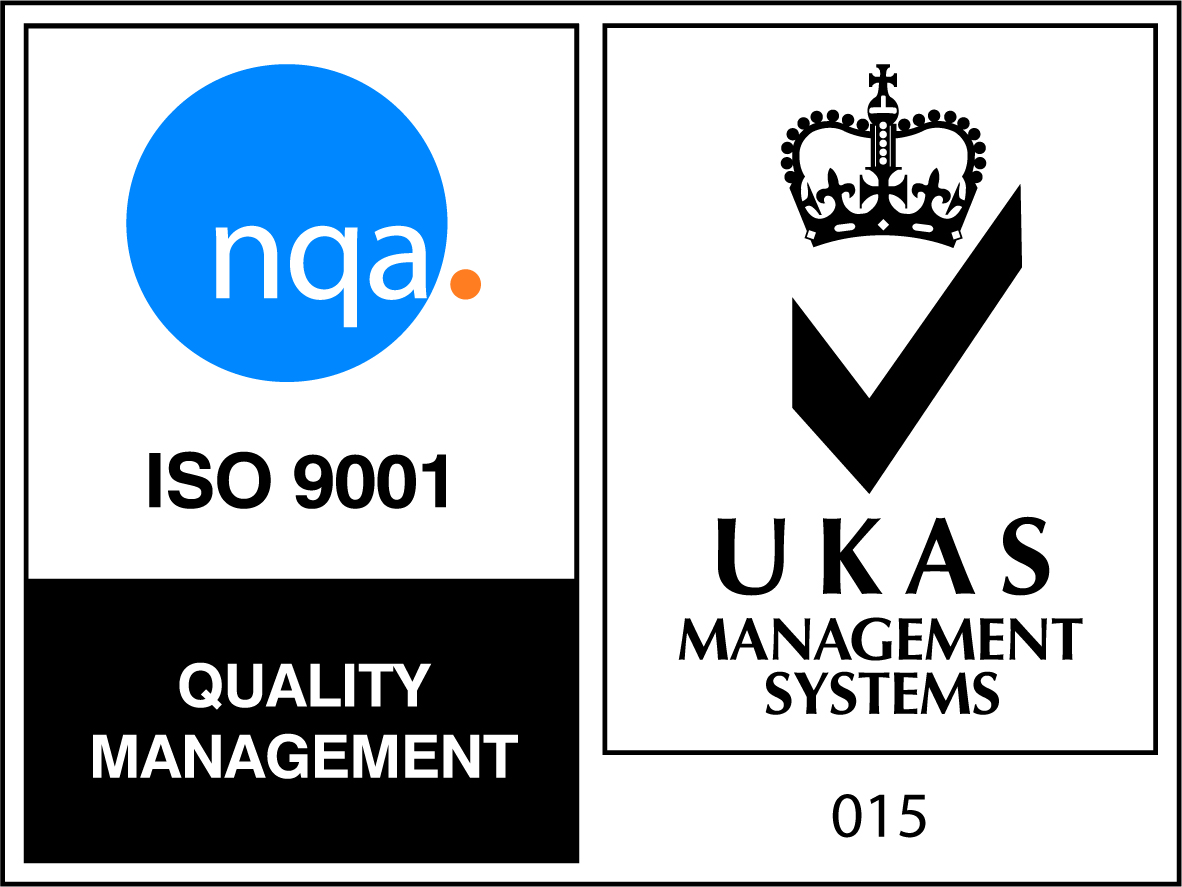Auditing a Quality Management System is a prime mechanism for identifying and developing improvement opportunities, but that can only happen if the audit process is focused on capability and effectiveness. With Continual Improvement being one of the key Quality Management Principles of ISO 9001, internal auditing goes beyond compliance and becomes one of the key drivers of business improvement. This course based around the QMS Lead Auditor Training course focuses in on IATF 16949:2016 requirements for the Automotive Industry.
Enquire Now
Aim
The aim of this five day course is to provide a greater understanding on leading audits for Quality Management Systems and is designed to teach individuals to fully reflect the concepts and requirements of IATF 16949:2016 in their approach for internal and external auditing.
Benefits
Participants will:
- Have the essential knowledge and skills related to the process of auditing quality management systems
- Outline the fundamentals of auditing practice and the role of an auditor
- Apply the requirements and principles of ISO 9001 and identify the relationship between ISO 9001 and the additional requirements of IATF 16949.
- Demonstrate the process for determining the effectiveness of the company’s management system in achieving the declared business quality objectives
- Have the skills to plan, conduct, report and follow-up a quality management system audit to establish conformity with ISO 9001 and the IATF 16949 requirements
Programme
- Introduction to Quality Management System Auditing
- Requirements of ISO 9001 and IATF 16949:2016 Standards
- Annex SL Framework
- Business Process Management
- Business Management Systems
- The role of an Internal Auditor
- Management System Standards – IATF 16949:2016
- Annex SL Framework
- Introduction to Auditing
- Managing the Audit Programme
- Audit Planning & Preparation
- Performing an Audit
- Audit Reporting & Follow Up
- Recommendation & Action Plans
Approach
This programme uses a mixture of group discussions, pro-forma examples, information input sessions along with practical application to fully involve participants.

